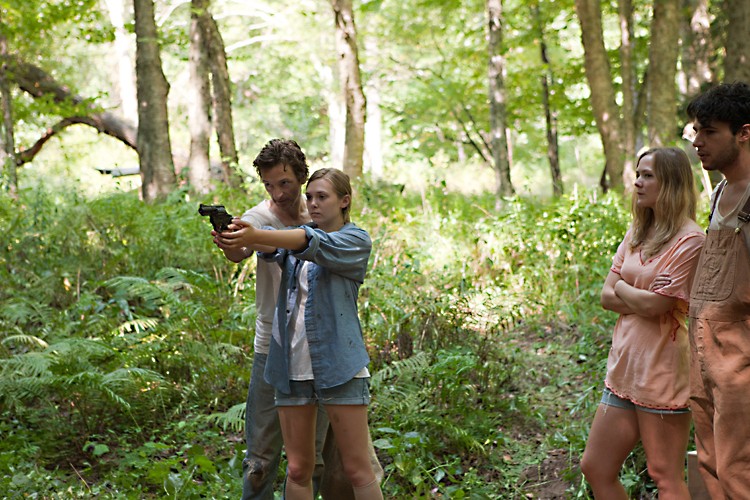55th BFI London Film Festival: ‘Martha Marcy May Marlene’
A stylistic neighbor to the similarly themed Winter’s Bone, this indie drama is a truly unsettling study of cult ideology and the seeds of Stockholm Syndrome that are planted within their members’ consciousness.
|Updated:





